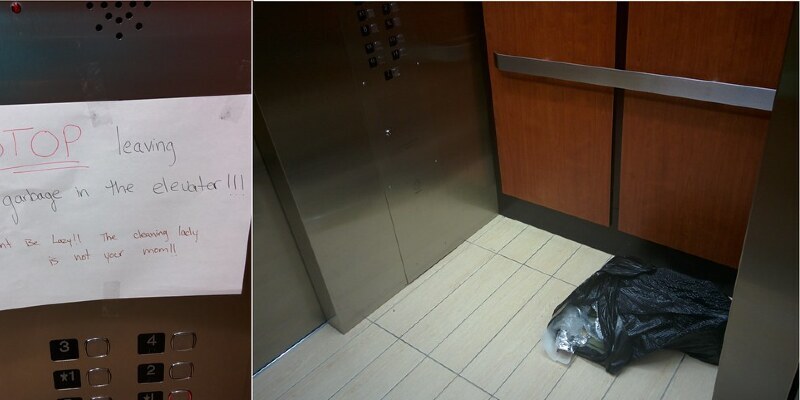Due to the intricate nature of a foreclosure, con artists come out of the woodwork to benefit from the situation. When the first Notice of Default is recorded with the county, these scam artists might contact you to help you get out of the situation or get you to sign paperwork. During a foreclosure, even if the paperwork isn’t in the county or the lender, then never to sign it without 100 percent certainty it’s valid and required.
Foreclosure
Your lender should follow certain steps to take possession of the house and sell it at auction. In California, foreclosures are often non-judicial where your deed of trust has a power-of-sale clause permitting the trustee to sell the home if you default. You don’t have to give consent or signal over your house to the lender for the auction to take place.
Deficiency Judgments
You could be reached by imitation debt collectors concerning the rest of the balance between the total mortgage amount and the auction sale price. You do not have to sign any paperwork guaranteeing to cover the remainder after the auction. In a non-judicial foreclosure, the lender cannot pursue a deficiency judgment for the remaining balance. You instead are issued a 1099-C Cancellation of Debt form that you must report on your own taxes. If lenders pursue a judicial foreclosure, then they could seek a deficiency judgment, but you do not have to sign anything with a debt collector.
Certified Mail
During the foreclosure process, the lender issues two notices to you by certified mail: the Notice of Default and the Notice of Sale. In order to get this paperwork, you do have to sign for the certified mail return receipt. The United States Postal Service takes care of this, not a debt collector.
Service of Process
Should you decided to remain in the house following the foreclosure, you are served with a Notice to give up the property. Failure to abandon leads to a deputy sheriff serving an unlawful detainer lawsuit on behalf of the new owners. According to the California Courts, you do not have to enroll for these records in order to be considered served to the eviction.
Third-Party Debt Collectors
Lenders typically do not outsource delinquent mortgages to third party debt collectors. Because the agreement is secured by collateral, the lender forecloses on the property and sells it to recover its money. If you are contacted by a debt collector to sign paperwork, get the name and address of the business for the collector works. Refuse to sign any paperwork until you contact your lender to confirm the debt collector is licensed to work on your account. If the lender does not know the motorist, record a complaint about the debt collector with the Federal Trade Commission and the California Attorney General’s Office.

